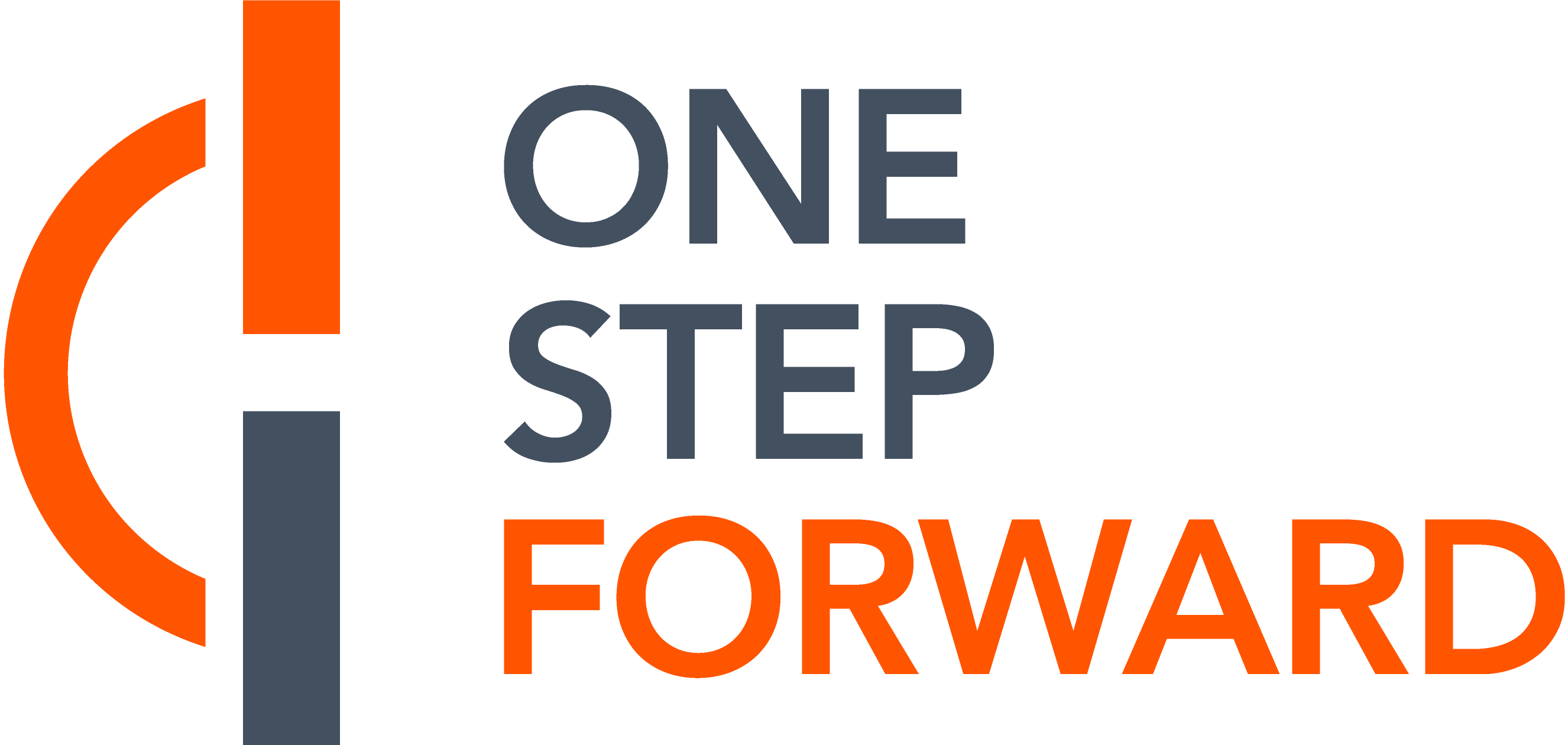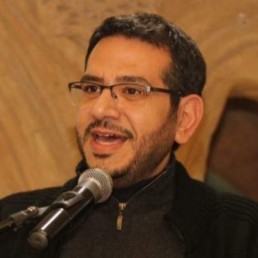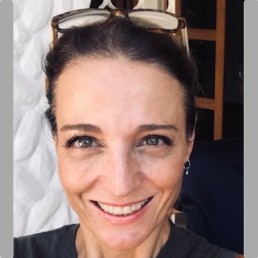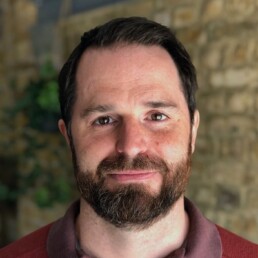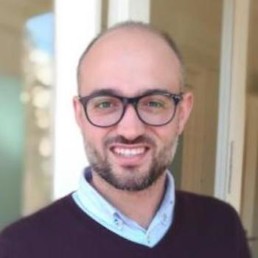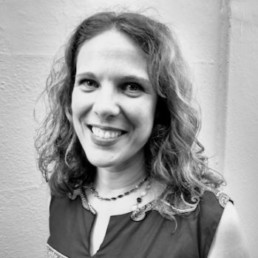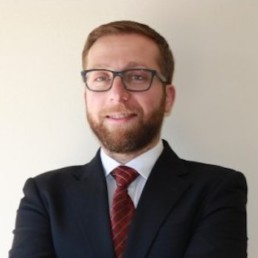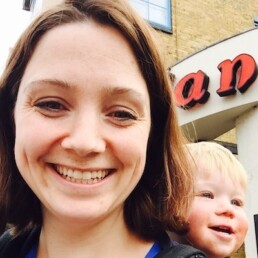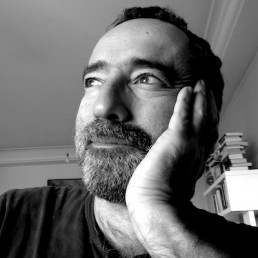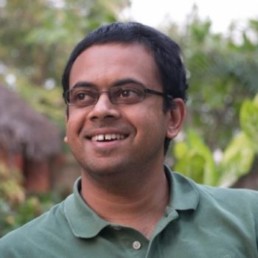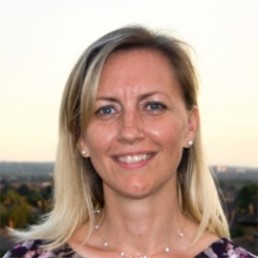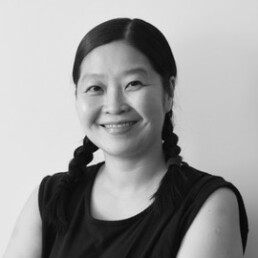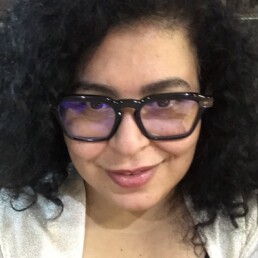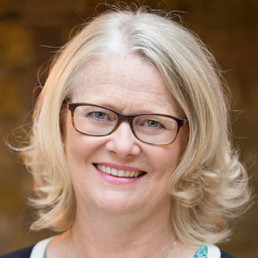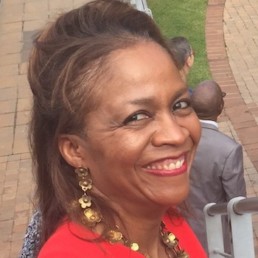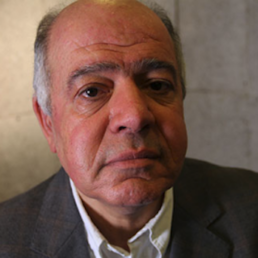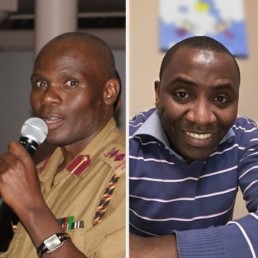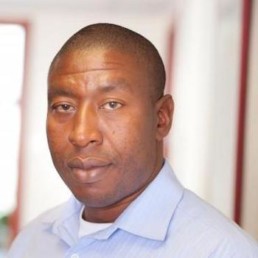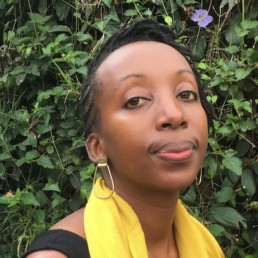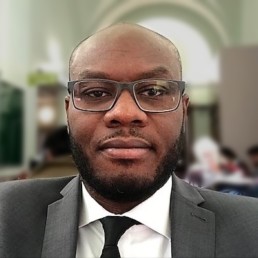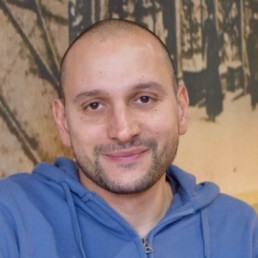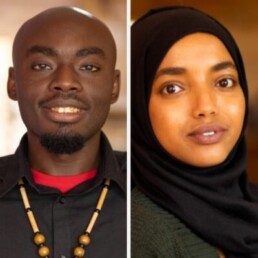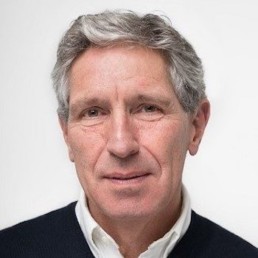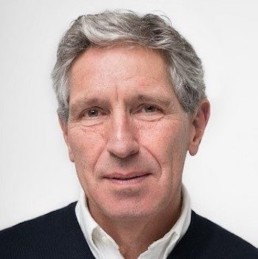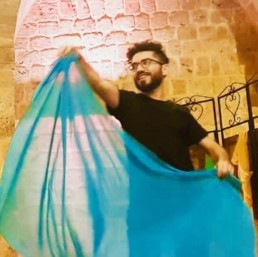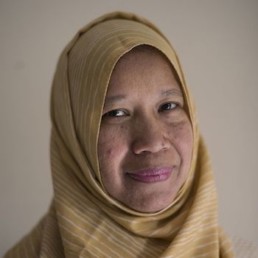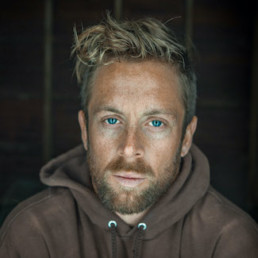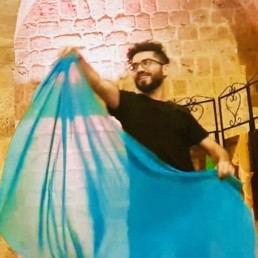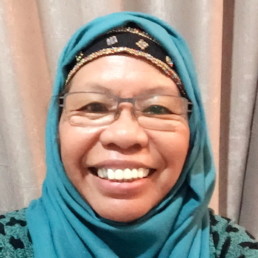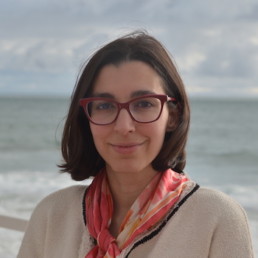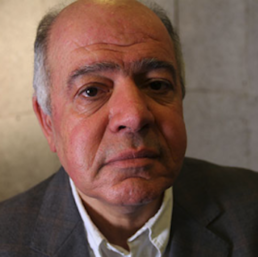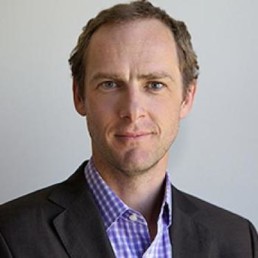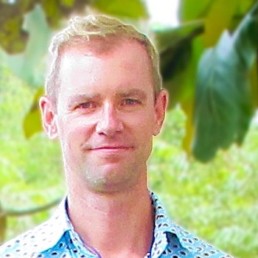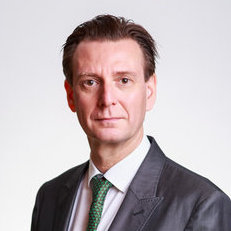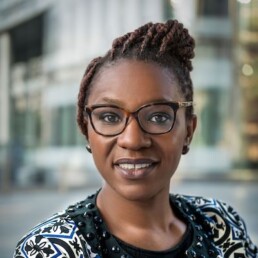#020: Helping your city through the hardest times | Rabih Omar
Episode notes
Rabih Omar is a proud citizen of Tripoli, Lebanon’s second city, and has worked there on humanitarian and peacebuilding challenges for his whole career.
We talk in depth about his experience working for different international organisations that have come to his city, what foreign “experts” tend to get wrong, and how he keeps his motivation up despite near-constant political destabilisation.
Topics discussed:
[04:45] What it was like growing up in Tripoli, through the end of the Lebanese civil war.
[10:30] How Rabih moved on from early traumas, and ended up working in the field of conflict resolution & local development.
[16:45] What social cohesion and local development looks like in Tripoli, against a backdrop of inter-communal and inter-sectarian violence.
[26:15] Experiences with international organisations misusing “national staff”, and getting some of the basics wrong.
[35:55] What people coming into Tripoli tended to get wrong about local politics, Alawite-Shia tensions, and other issues.
[48:05] Rabih’s proudest moment over his career, after the mosque bombings in 2013.
[59:30] Planning for the long run, despite chronic instability re: Syria, Israel, and national politics.
Related episodes
#019: Training social entrepreneurs in emerging markets | Roshan Paul
“Can we build a world where everybody has purpose as a question that they consider for their career? Where it’s not just the province of ‘do-gooders’, but instead everybody thinks about that?”
Episode notes
Roshan is co-founder of the Amani Institute, which supports talent development for the social sector. Over the last seven years it has graduated some 450 students from its hubs in Nairobi, Bangalore, and Sao Paolo.
We talk about the merits of coming from an emerging market perspective when talking about social innovation, the gaps that Amani sees in the education market, and Roshan’s own journey with a startup.
Topics discussed:
[2:10] Why the co-founders felt there was a gap in the education market for the social sector.
[08:00] Why it’s more interesting and probably more productive to be located in emerging markets, for those interested in social innovation.
[13:30] The Amani Institute’s philosophy and curriculum for developing change-makers, including what kind of profile it attracts.
[21:10] Why it was worth the risks to start up a new offering, and a new way of contributing to social entrepreneurship.
[27:10] How Roshan’s own experiences with international education played into the design.
[39:30] What scale looks like: A world where everyone can both make a living and make an impact.
[47:40] Experience working with social innovation in large organisations, and with private sector organisations.
[55:00] The biggest challenges so far, including self-training to manage a growing organisation and an early security scare.
Related episodes
#017: Making humanitarian services more people-centred and respectful | Nick van Praag
Episode notes
Nick van Praag founded and runs an organisation called Ground Truth Solutions. They work with people affected by crises to get their feedback and perspectives on emergency response.
In practice this means door-to-door surveys, over time, of how people feel about the timeliness, quality and fairness of humanitarian service provision. This is shared with service providers and funding agencies to benchmark what they’re doing, and encourage greater responsiveness.
What is particularly intriguing is that Nick started Ground Truth in 2012 after a long career in the World Bank and other multilateral institutions. So this amounted to a pretty significant career pivot!
Show notes:
[02:10] Working with communities to provide structured feedback to humanitarian organisations on how they’re doing. The topics that are covered, and the process for collecting and reporting findings.
[09:20] Attitudes amongst humanitarian agencies. Building demand for, and genuine engagement with, this kind of feedback.
[18:20] Experiences as an executive at UNHCR and the World Bank. Recognising that there were changes that needed to happen, and taking the leap to establish a start-up that would foreground “a perspective that couldn’t be argued with”.
[23:35] Learning over six years of Ground Truth Solutions. Links with wider “moments” in humanitarian reform and changing wider norms and expectations about the role and voice of service recipients.
[32:10] Ethical challenges around commissioned “participation”. Designing the work to ensure that is respectful of service recipients and adds value for them, as well as for commissioning organisations.
[36:25] How to integrate community feedback into management and decision-making. Learning on what makes feedback “actionable”.
[41:55] Grappling with the extreme fragmentation and decentralisation of the humanitarian sector. Organisation-level vs system-level perspectives.
[45:40] Key takeaways from a long career. The relative merits of large organisations vs a purpose-driven start-up. Sources of inspiration and courage to make big decisions.
Related episodes
#016: Using playback theatre to bridge divides after conflict | Hani al Rstum
Episode notes
Hani al Rstum is a Syrian living in Lebanon’s second city of Tripoli, and the conductor for the SADA playback theatre troupe. They engage with communities affected by serious conflict, with the goal of recognising and affirming life experiences, and opening dialogue.
Playback draws on psychodrama therapy, and Hani himself is a psychotherapist. He “conducts” events to create a safe space for people to share experiences, and to begin to connect and empathise.
The troupe is based in a social innovation hub on the frontline of one of Lebanon’s most notorious neighbourhood conflicts. It has also performed on-site in buildings with special connections to the war.
Topics discussed:
[02:10] Leaving Syria to study medicine. Watching as the revolution started and the war began to impact his his family.
[06:15] Cross-border activism as the war deepened. Filming and work with international media. Early work with children suffering from traumatic stress disorders.
[12:45] How playback theatre works, and Hani’s role as “conductor”. Holding the space for dialogue in heated and painful environments.
[22:50] Beginnings of playback theatre in Lebanon, and first applications to inter-neighbourhood conflict in Tripoli. Using physical spaces with specific histories in fighting and symbolic meaning.
[31:05] How it works when emotions are running very high. Having the right expectations for the community, and recognising leadership when it emerges in the moment.
[38:50] Positive and negative experiences as a Syrian in Lebanon. Implications for his ability to play a peacebuilding role.
[43:40] What drove Hani to lead this initiative. Working with communities as a survival mechanism amidst the loss and tragedy of the Syrian war. Doubts and fears going forward.
Related episodes
#015: Community reconciliation after “Tripoli’s 9-11” | Bilal Al Ayoubi
Episode notes
Tripoli, Lebanon’s second city, has experienced considerable violence ever since the end of the national civil war in 1990.
But this escalated dramatically with the onset of the Syrian civil war. Pitched neighbourhood-level fighting led up to the shock car-bombing of the al-Taqwa and al-Salam mosques in 2013.
The central government responded with an army-imposed security plan which tamped down violence, but there’s been little progress since on the underlying conflict dynamics.
Stepping into this gap, Bilal co-founded a series of community dialogues that ended up as the Roadmap for Reconciliation in Tripoli. The idea was a sort of open-source diagnostic that could be the basis for citizen action.
Topics discussed:
[02:40] Growing up in and around Tripoli. Encountering cynical reactions to work on community mobilisation and social stability, despite very real and very pressing problems.
[09:15] The trajectory of conflict in north Lebanon. Roots in the colonial period, through to polarisation today around the Syrian civil war. How a city like Tripoli can get “left behind” for decades on end.
[21:30] The peak of violence in 2013-14, and the securitised approach that followed. Developing a bottom-up community reconciliation initiative to fill the gap, and how this contrasted with Bilal’s past work with international organisations.
[31:45] Drivers of conflict at a neighbourhood-to-neighbourhood level in Tripoli. What “peacebuilding” has historically gotten wrong in this context. Managing the necessary links to elite politics.
[43:30] Setting realistic expectations for reconciliation efforts in Tripoli. Coping with an extraordinarily tough regional environment, destabilising effects of the Syrian war, and often-unhealth national politics.
[51:15] Where to go from here, and returning to “normal” work after spearheading a unique initiative for several years. Sources of advice and inspiration.
Related episodes
#014: Better and safer work environments in the aid sector | Christine Williamson
Episode notes
Christine Williamson runs a consultancy firm called Duty of Care International, and has spent twenty years in human resources management in the aid world.
It’s well-known that this is a very difficult area. The sector puts large numbers of people into tough operating environments, with a tiny fraction of the support that’s available for diplomatic or military personnel. It’s built on short-term funding contracts which interfere with efforts to professionalise and plan the workforce.
Perhaps most difficult of all, there are a range of equity and oversight issues that come with shipping expatriate staff into places with weak regulatory systems.
With all this in mind, this is a wide-ranging conversation about ethics and professional excellence in managing human resources.
Topics discussed:
[2:20] Christine’s early days in the aid sector, and latter days starting her own company. The common thread of working for justice and fairness in human resources management.
[09:30] Key challenges for human resources management in the aid sector. Distinctions between expatriate and “national” staff, and the bad practices that tend to follow.
[13:00] Professional development in the aid sector (or lack thereof). The need to think at a system level about the labour market, rather than organisations blindly competing with each other.
[20:20] The current trend for tighter “safeguarding” to prevent abuses, in the wake of the Oxfam Haiti scandal. The role of proactive HR management and the true costs of cutting corners.
[30:35] Developing a healthier overall work environment for people in the aid sector. Individual and organisational responsibilities to sustain mental health.
[39:40] Whether a lifelong career in the aid sector is sustainable, or even a good idea. What individuals and organisations can do to improve both longevity, and the quality of the experience at any given time.
[48:30] Takeaways from a few decades in the aid sector and elsewhere. Embracing the “wacky” ideas.
Related episodes
#013: A start-up to facilitate society’s most difficult conversations | Jean-Paul Chami
Episode notes
Jean-Paul is part of the generation that was fundamentally shaped by the Lebanese civil war, but had no responsibility for it. In his words, when he left the country in 2006 after the brief and calamitous war with Israel, he never wanted to come back.
While abroad, however, he found a sense of agency and possibility. He did come back, and founded an organisation called Peace Labs, which aims to facilitate the difficult conversations that need to happen if the country is to move forward.
Topics discussed:
[02:30] Growing up during the civil war, the origins of Peace Labs, and their current activities across Lebanon. Being mistaken for a priest.
[12:00] Frustrations around the stagnation of Lebanese politics, and the 2006 war with Israel. Leaving with the intent to “never come back”, but finding a new perspective.
[19:30] First steps in the peacebuilding sphere after coming back to Lebanon. Work with youth, and the commonalities that recur time and again in violent conflicts.
[32:55] Why there was a need for a new kind of model in Lebanon. Gaps in the conventional peacebuilding approaches supported by the UN and big INGOs.
[42:00] Being a “purist” rather than taking all the work that’s available. The need for an experimental attitude in dealing with a new and little-understood field like peacebuilding.
[49:10] Why success stories, or moments that can inspire people, are particularly important in this field. Some pivotal moments in Jean-Paul’s own journey.
[55:35] The critical importance of working on your own self, and how you relate to the world, before trying to change too much externally. Finding a “tribe” of like-minded people to help you navigate conflictual and disturbing topics.
[59:00] Some book recommendations. Galtung, personal strengths, and a touch of science fiction.
Related episodes
#012: From militia commander to peacebuilder | Assaad Chaftari
Episode notes
Assaad is best-known in Lebanon for an open letter in 2000, in which he apologised for what he’d done with the Lebanese Forces, a prominent Christian militia responsible for its share of atrocities.
This has been followed by nearly twenty years of philanthropic work. Much of it has been in partnership with other former combatants, through the organisation Fighters for Peace. He has also been involved with a range of initiatives seeking to unblock social dialogue more broadly.
His auto-biography La vérité meme si ma voix tremble is available in French and Arabic.
Topics discussed:
[02:20] Goals in working with other ex-combatants to reach younger generations. Peacebuilding as change at the level of moral values.
[08:00] Assaad’s background during the Lebanese civil war. A period in the wilderness as a “traitor”. Early interactions with Moral Rearmament / Initiatives of Change.
[19:00] Dialogue across conflict lines, starting at an informal level. The gradual evolution of Assaad’s own attitudes and beliefs, before thinking about reaching agreement on tough issues.
[24:30] Moving from a private change to public actions. A famous (and very controversial) open letter in 2000 expressing regrets, and ruptured relationships with many on his “side” of the civil war.
[32:30] Experiences with Fighters for Peace. “What works” in changing mindsets and behaviours for younger generations, and the impossibility of knowing for sure whether you’ve made a difference.
[40:45] Changes at a societal level in Lebanon over the last twenty years. What’s (still) wrong with political and media discourse.
[44:50] Why the Fighters for Peace “model”, with ex-combatants in the leading role, has special power. The limitations of encouraging reflection and dialogue in the face of widespread social trauma.
[50:50] Personal responsibility in conflict situations. Our expectations about the weight that individuals can carry, and what brought Assaad himself to pay the price of activism.
Related episodes
#011: Women in violent extremist organisations in Indonesia | Siti Darojatul Aliah
Episode notes
Dete is a researcher and activist whose work revolves around in-depth, interview-based research with people detained for terrorism offences, and their families. This includes special focus on women as both partners and protagonists.
The results are used to inform dialogue with the Indonesian government and its international partners, along with targeted work to increase resilience to recruitment into vulnerable groups, and re-recruitment of former detainees.
Show notes:
[02:10] Early work with women in jihadist circles. Contacts with detainees in Indonesia, and beginning to work with the circle of people around them.
[11:50] The difficult task of sustaining trust and confidence with government security actors, while building relationships to better understand detainees and their families.
[16:00] Pivoting to focus on women with an active role in violent extremism. Starting a new organisation, SeRVE Indonesia, inspired by experiences in Tunisia.
[18:30] The kinds of grievances that drive recruitment into extremist organisations, in the Indonesian context. How to address these through dialogue, when structural factors are very slow to change.
[27:45] Similarities and differences in what drives the recruitment of women. Experiences with migrant domestic workers, and the shifting approach of ISIL/ISIS.
[35:30] The personal and professional difficulties of working on these issues. Gaps at the grass-roots, despite the high level of international attention to “extremism” issues.
Related episodes
#010: Inter-religious dialogue in the southern Philippines | Rufa Cagoco-Guiam
“As a young kid, in one old book I actually wrote, ‘Ambition: To defend the oppressed’. I can’t stop laughing at it. But it’s all been a progression of that kind of ambition.”
Episode notes
Rufa Cagoco-Guiam is an anthropologist based in General Santos City. Over the course of several decades she has worked on dozens of peacebuilding and development initiatives in the wider southern Philippines.
Her perspective cuts across the usual disciplinary lines, with Rufa’s CV including a lengthy academic record; stints as a newspaper editor-in-chief and columnist; and a wide range of consultancies with international institutions.
Topics discussed:
[02:00] Beginnings of involvement in Mindanao, coming from a small village in the northern Philippines. Childhood ambitions to “defend the oppressed”, and how they evolved into first steps as an adult.
[10:20] An early conspiracy with a friend to escape a constricting family environment. Getting onto the right trajectory in anthropology, with a dash of political economy.
[18:20] Rufa’s stint as editor-of-the-chief of the Mindanao Cross. The importance and the hazards of reporting around inter-religious tensions, violence against women and political corruption. Some slightly surreal episodes of threats and intimidation.
[32:30] Academic life, and work with international development agencies following the 1996 peace agreement. Experiences with the Moro National Liberation Front.
[41:00] Takeaways from nearly three decades of work on inter-religious and peacebuilding issues in the southern Philippines. Why a peace agreement is like a marriage.
[44:35] What academics can contribute amidst conflict and severe political divisions. Why this potential often goes unrealised in the Philippines.
[54:10] Career lowlights and highlights. What international agencies usually get wrong in the southern Philippines.
[1:03:00] Rufa’s book recommendations (not what you’d expect!).
Related episodes
